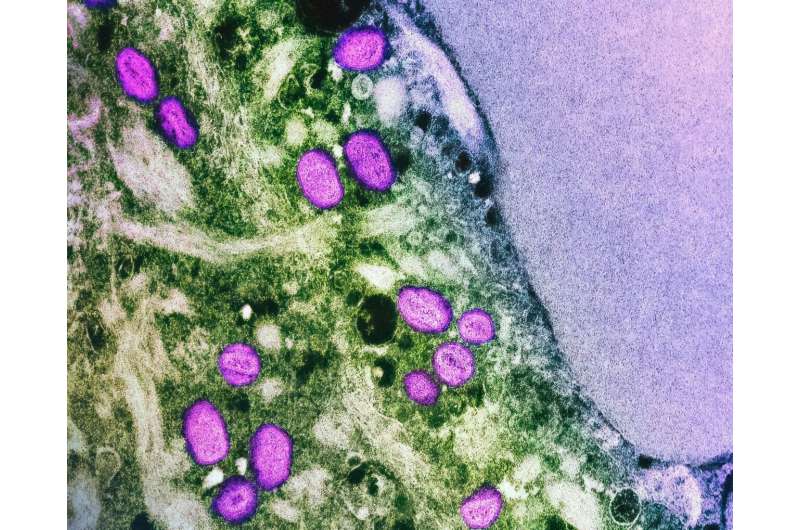Cancer Mortality Rates Continue to Decline in the United States

Recent data from the 2024 Annual Report to the Nation on the Status of Cancer reveal that overall cancer mortality rates have been steadily decreasing in the United States from 2001 through 2022. While cancer incidence rates declined between 2001 and 2013 and stabilized afterward through 2021, the number of deaths due to cancer continues to decline, highlighting ongoing advancements in cancer detection, treatment, and prevention.
The comprehensive report, authored by researchers including Recinda L. Sherman from the North American Association of Central Cancer Registries, analyzed incidence and mortality data to assess trends, particularly considering the impact of the COVID-19 pandemic. Findings indicate that the incidence rates remained stable among males from 2013 to 2021 but increased slightly for females at an average of 0.3% annually from 2003 to 2021, excluding the pandemic year 2020.
Despite fluctuations, the death rate from cancer per 100,000 individuals decreased by approximately 1.5% annually between 2018 and 2022. Notably, the decline in mortality slowed compared to the previous rate of 2.1%. In 2020, a drop in cancer diagnoses was observed across all demographic groups, but this decrease did not translate into a sharp rise in mortality rates, suggesting that some cases may have gone undiagnosed or underreported during the pandemic period.
The researchers emphasize that additional data is necessary to understand whether the decline in 2020 diagnosis rates reflects true reductions in incidence or delays in detection. Overall, these trends signify that despite challenges posed by the pandemic, progress in reducing cancer mortality continues, underscoring advancements in cancer care and early detection strategies.
For more details, see the full report published in Cancer.
Stay Updated with Mia's Feed
Get the latest health & wellness insights delivered straight to your inbox.
Related Articles
Shorter Telomeres and the Risk of Age-Related Brain Diseases
Shorter telomeres are linked to a higher risk of age-related brain diseases, but healthy lifestyle choices may mitigate this risk. New research suggests that behavioral changes can help protect cognitive health as we age.
Exploring Longer Lifespan Through Developmental Delays in Fruit Flies: Insights into Human Longevity
Research from Iowa State University shows that delaying development in fruit flies extends their lifespan by reducing inflammation, offering valuable insights into human aging mechanisms.
Indian States Ban Contaminated Cough Syrup Following Child Mortality Cases
Several Indian states have banned a contaminated cough syrup linked to the deaths of children under five, emphasizing the need for stricter pharmaceutical controls.



